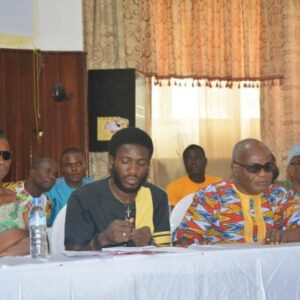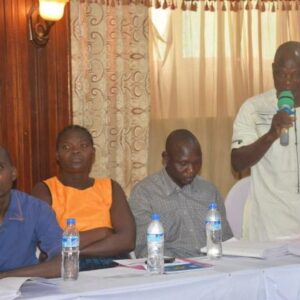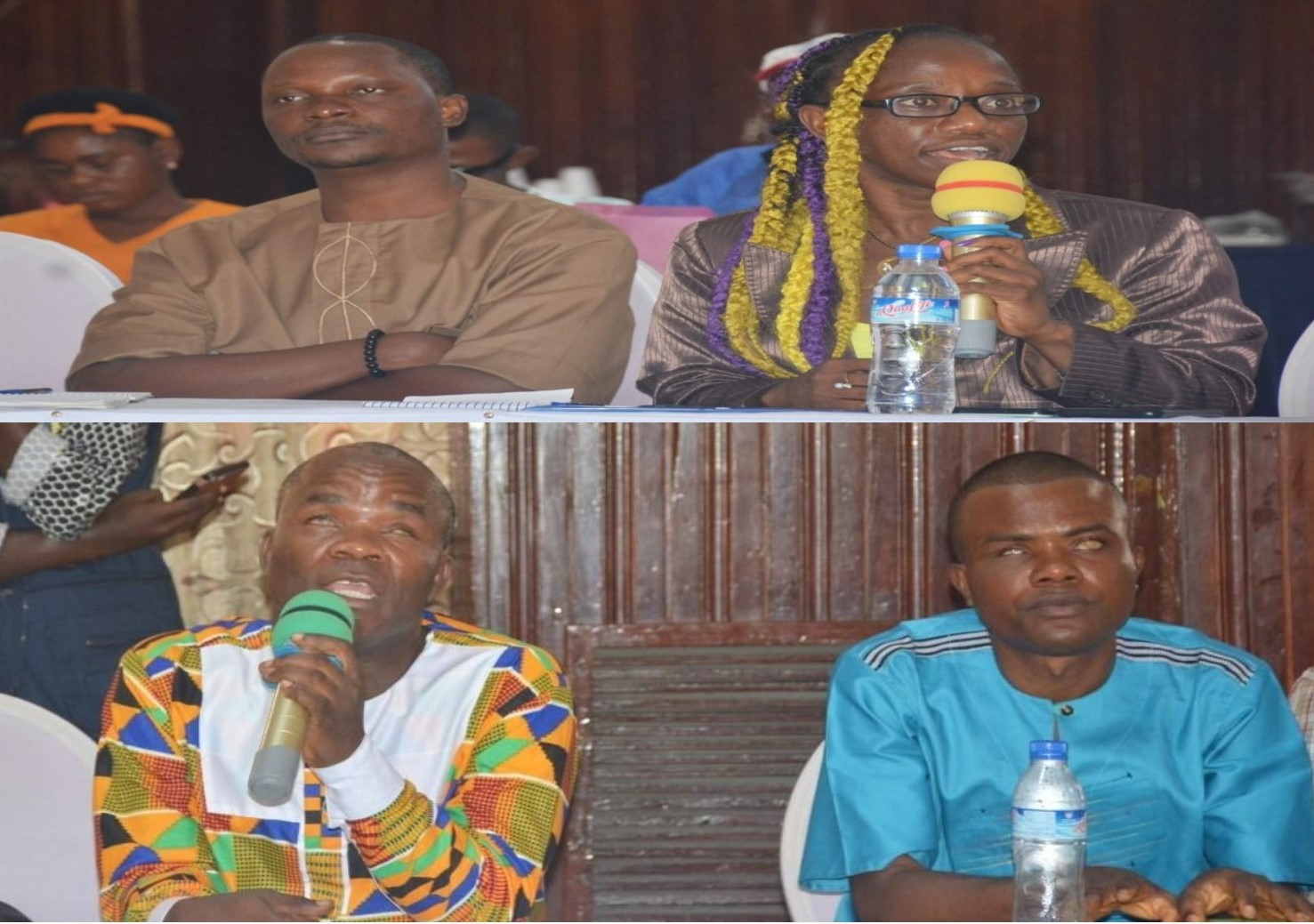Monrovia, Liberia- As Liberia’s National Commission on Disability winds down the country’s first-ever National Action Plan on Disability Inclusion 2018-2022, the country still has a long way to go in ensuring that people with disabilities are guaranteed of, and can fully enjoy their human rights, an assessment of the current National Action Plan has revealed.
While Liberia was among a few pioneer nations that developed a National Action Plan (NAP) to ensure that persons with disabilities (PWDs) were fully integrated and participating in various social, economic, and political activities five years ago, the country is largely yet to turn these good intentions into tangible actions benefitting persons with disabilities.
The evaluation of NAP 2018-2022, undertaken in tandem with the development of the next disability inclusion plan NAP 2023 – 2027, with support from UNDP, found that lack of political will, a systemic belief that disability is a low priority issue, and lack of accountability is grossly undermining the rights, wellbeing, and inclusivity of people with disabilities.

“I am deeply saddened by the Government’s refusal to look our way as persons with disabilities such that Liberia still lags behind on implementing disability rights and basic human rights denying us lots of opportunities,” said a member of the PWD community during the presentation of the findings at the Monrovia City Hall on 8 November 2022.
The evaluation found that PWDs were especially disadvantaged in accessing and exercising their right to justice, and social protection. “The justice sector recorded the least progress for PWDs in the past five years, with reports of human rights violations including being unable to report violations and represent themselves in court. Whenever they appear in court, they said they were often pre-judged and thought not to be credible, even to testify, just because of their disability,” said Dr. Kathleen Deery, an international disability expert who led the evaluation.
A person with a visual disability confirmed these findings saying while she had rented and paid for a complete three-bedroomed house, she was only given one room to live in. She lodged a complaint in court, but the officer assigned to her case would seek bribes from her landlord, frustrating her quest for justice.
However, “undaunted by continuing discrimination and limited support, persons with disabilities in Liberia are committed to improving the lives of all disabled Liberians and have developed a new detailed plan of action that will hold the government accountable through benchmarks and tying funding to outcomes. This is the way forward. A comprehensive National Action Plan provides clear steps toward inclusion across all sectors. This is how Liberia will meet the goals of the UN Convention on the Rights of Persons with Disabilities that were agreed upon by government leaders,” said Dr. Kathleen.

Liberia made some progress in increasing PWDs’ access to public voting sites and developing policies for inclusive education. The Government has also undertaken an assessment of the need for assistive equipment for PWDs and has successfully implemented some employment and livelihood initiatives for PWDs, with support from UNDP and other partners.
However, the Government’s lack of financial commitment remains a significant barrier to full inclusivity of persons with disabilities, and fulfilment of its obligations under the UN Convention on the Rights of Persons with Disabilities (UNCRPD). Liberia ratified the UNCRPD in 2012, filing its first progress report in 2019, a delay that is reflective of the overall slow pace of change in fulfilling obligations for inclusion of persons with disabilities.
This year marks Liberia’s tenth anniversary of the signing of the UNCRPD, an important moment for reflecting on the country’s aspirations for disability inclusion as the country transitions to a new National Action Plan (NAP 2023 – 2027).
The new NAP reaffirms the Government of Liberia’s commitment to foster an inclusive society and sets out ambitious targets for greater inclusion of persons with disabilities over the next five years. It has been designed to complement the National Commission on Disability (NCD)’s Roadmap for Disability Inclusion both of which, working in tandem, will attempt to meet the immediate needs experienced by persons with disabilities while simultaneously working to enact long lasting changes in government policy.
It envisions that disability inclusion will be achieved through shared governance in keeping with the PWD motto ‘nothing about us without us’. The NAP advocates disability-inclusive policies and practices that amplify the agency of people with disabilities and remove barriers to full participation.
The new NAP, validated by stakeholder on 9 November 2022, comes into effect on 1 January 2023. It has nine focal domains for disability inclusion: Livelihood Access and Economic Empowerment; Education; Health and Wellness; Agriculture and Food Security; Inclusive Governance; Access to Justice and Social Protection; Inclusive Sports, Recreation and Leisure; Accessibility; and Personal Mobility, Independent Living and Assistive Technology.
The Chairperson/Chief Executive of the National Commission on Disabilities, Amb. Daintowon Domah Pay-Bayee hailed the progress made on disability awareness and management in the country because of National Action Plans.
“We have seen a positive progression of how disability is perceived from the charity and pity model to the medical model centered on assistive technologies, and now to the human rights-based approach.
This is a move in the right direction and the second NAP will ensure that persons with disability will be able to exercise and enjoy all rights due to them,” said Amb. Daintowon Domah Pay-Bayee.
The National Action Plan for Inclusion of Persons with Disabilities in Liberia (2023 – 2027) has been hailed as flexible and practical simultaneously addressing the policy and legislative issues while at the same time incorporating practical actions that can yield tangible benefits to the lives of PWDs.

